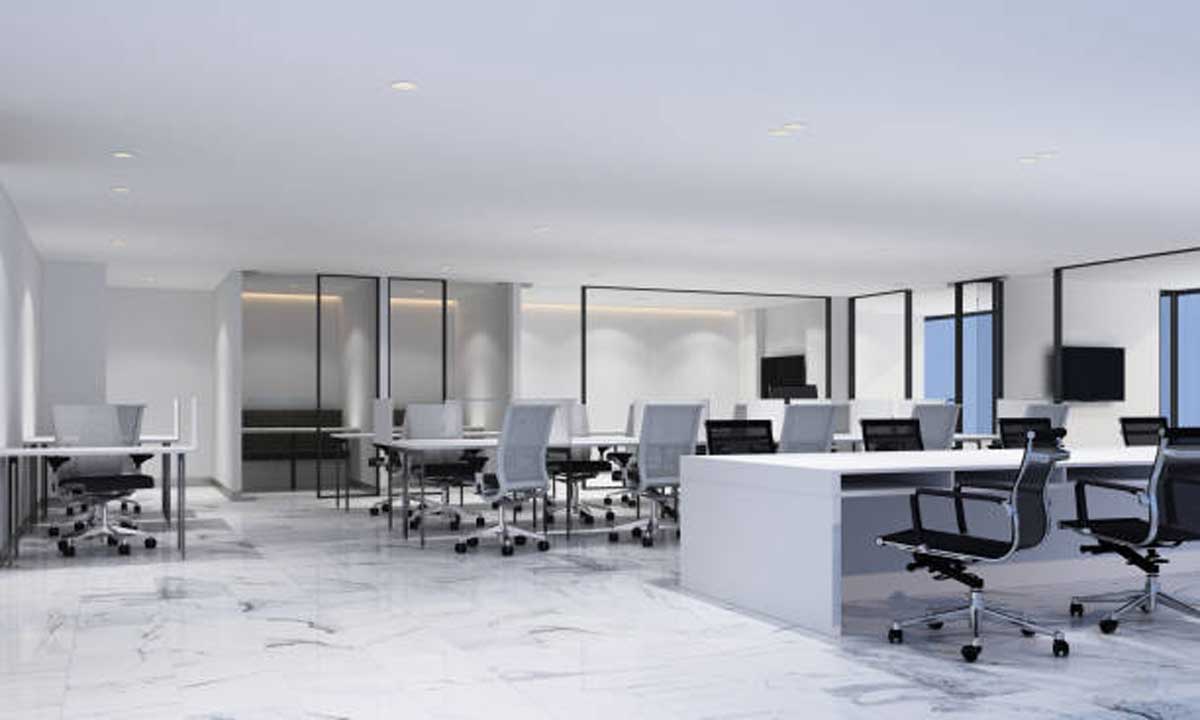According to a study conducted by the industry, the Mumbai Metropolitan Region's ongoing transportation infrastructure projects, which are estimated to cost roughly Rs 2.5 lakh crore, will increase the availability of office space by over 127 million square feet.
The MMR is undergoing the largest-ever push for transportation infrastructure, including 14 metro lines, a new international airport, a trans-harbour bridge connecting south Mumbai to the new airport across the sea, and a long west coast road project connecting the southern tip of the city to the northwesters end. Of this amount, Rs 2.1 lakh crore will go toward metro projects alone.
In the space-starved megapolis, the planned metro lines alone will contribute over 127 million sqft of commercial real estate, according to an assessment by real estate consultant Knight Frank India.
The Malad Kasturi Park belt alone will gain an estimated 11 million square feet of office space from the metro line 2A, 2.8 million square feet from the metro line 3 for the already established business districts of BKC and lower Parel, and 50 million square feet from the metro line 4 for increased connectivity and real estate supply.
Metro line 1 will increase interest in building in Andheri East and Kanjurmarg at the Vikhorli end, potentially resulting in the development of office space north of 32 million square feet, or roughly 20% more than the region's current stock. Metro line 7 has the potential to add an estimated 30 million square feet of office space, which is another 20% of the current inventory.
According to the research, the metro developments in satellite cities and the suburbs will add about 20 million square feet.
A total of Rs 2.5 lakh crore would be spent on transportation infrastructure for the MMR, including the Rs 24,000 crore Navi Mumbai International airport.
With investments totaling Rs 7,400 crore, the Bandra Worli Sea Link, the Eastern Freeway, and Metro Line 1 were the major projects finished in the Mumbai region since the turn of the century. However, this represents barely 4% of the current spending pledged.
The most notable of the 14 Metro lines is Metro line 3, which runs from Navy Nagar in the far south of the city to SEEPZ in Bandra. It is the only fully underground line and it costs an incredible Rs 32,000 crore, which is up by Rs 10,000 crore from the initial estimate because the line encountered many obstacles.
With 27 stations connecting six corporate districts, airports, and other locations, the metro lien 3 is the city's first underground metro.
The coastal road, which is anticipated to be finished next year and cost over Rs 31,000 crore, will connect Kandivali in the northwest with maritime lines in the south, reducing the distance to just 29.8 kilometers.
It is also anticipated that the 21.8 km long Mumbai Trans Harbour link, which is being constructed at a cost of roughly Rs 18,000 crore and is entirely funded by the Japanese Jica, will become operational in 2019.
The trans harbour link, intended to ease congestion between the island city and Navi Mumbai and connect Sewri in South Mumbai and Chirle near the airport, has been in development for 35 years but has remained dormant for almost three decades.
But now that the project is almost 70% finished, it will be important for the Navi Mumbai International Airport's operations. The bridge will travel the route in 30 minutes, as opposed to the current 3 hours average.
The 21.8-kilometer bridge is anticipated to aid passengers heading from Mumbai to Navi Mumbai, the Navi Mumbai airport, the Jawaharlal Nehru Port, Panvel, Alibaug, Pune, and Goa.
The Virar-Alibaug Multimodal Corridor, which costs Rs 40,000 crore and spans 128 km, is another significant road project. Over Rs 2.5 Lakh crore would be invested in the area overall, including 246 km of the metro network, 196 km of highways, and a new international airport.
Around 250 km of the metro lines and 70 km of the related road projects are now under construction.
It should be mentioned that the Mumbai residential market, which is among the most expensive in the world, had a slump for over ten years before emerging from the doldrums in the middle of 2020 as a result of some price correction and reduced borrowing rates.
The residential market in Mumbai experienced its highest demand in 2010, when 0.11 million apartments were sold and 0.14 million units were launched. However, the market again shrank significantly in the years that followed.
The yearly supply had been greater than the annual demand up until 2013. However, after 2014, the new supply started to decline as developers became more cautious in light of the declining demand and unsold inventories.
According to agency experts, these transportation infrastructure improvements will also have a significant positive impact on the residential real estate market.
See also:
MMRDA to commence civil work for tallest metro line 6
MMRDA approves Rs 3.26 bn for concrete roads in rural Kalyan





















